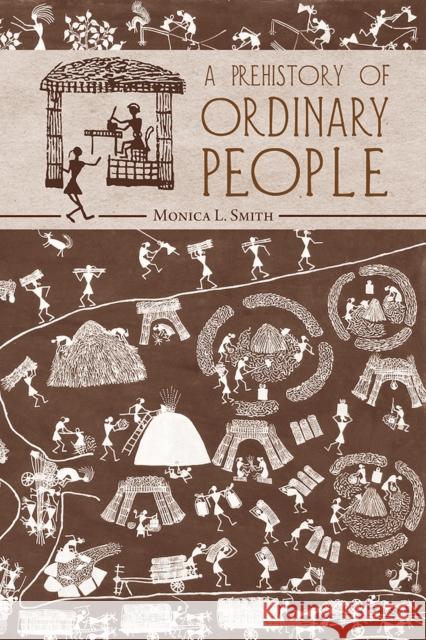A Prehistory of Ordinary People » książka
A Prehistory of Ordinary People
ISBN-13: 9780816526956 / Angielski / Miękka / 2010 / 240 str.
For the past million years, individuals have engaged in multitasking as they interact with the surrounding environment and with each other for the acquisition of daily necessities such as food and goods. Although culture is often perceived as a collective process, it is individual people who use language, experience illness, expend energy, perceive landscapes, and create memories. These processes were sustained at the individual and household level from the time of the earliest social groups to the beginnings of settled agricultural communities and the eventual development of complex societies in the form of chiefdoms, states, and empires.
Even after the advent of civilization about 6,000 years ago, human culture has for the most part been created and maintained not by the actions of elites as is commonly proclaimed by many archaeological theorists but by the many thousands of daily actions carried out by average citizens.
With this book, Monica L. Smith examines how the archaeological record of ordinary objects used by ordinary people constitutes a manifestation of humankind s cognitive and social development. A Prehistory of Ordinary People offers an impressive synthesis and accessible style that will appeal to archaeologists, cultural anthropologists, and others interested in the long history of human decision-making."











